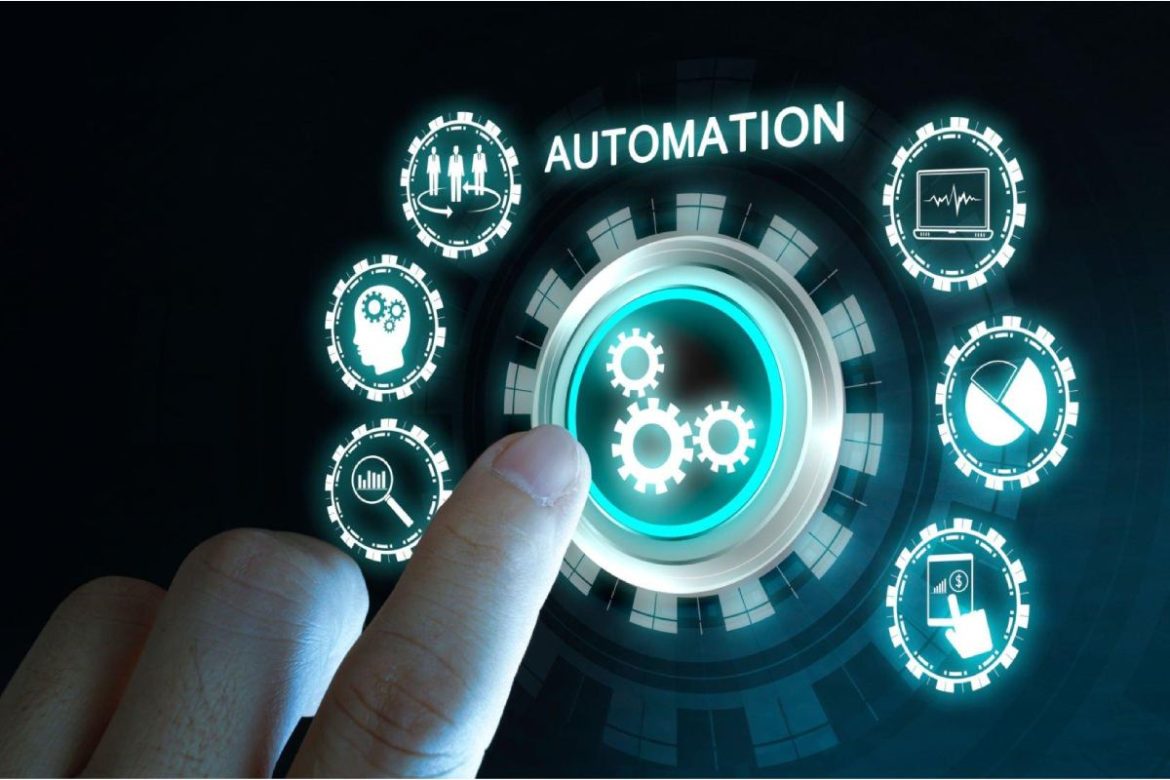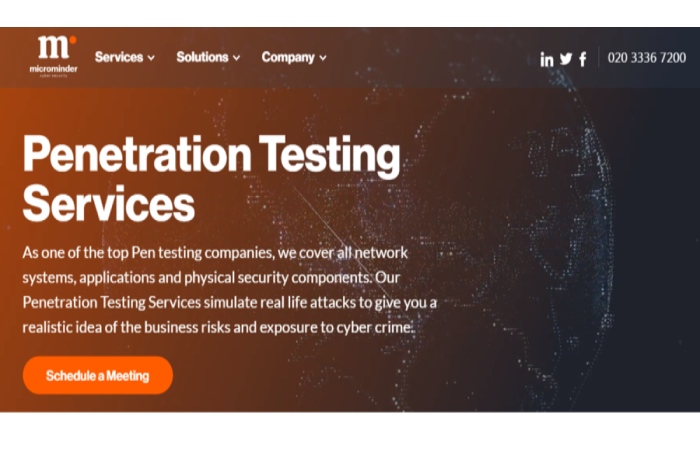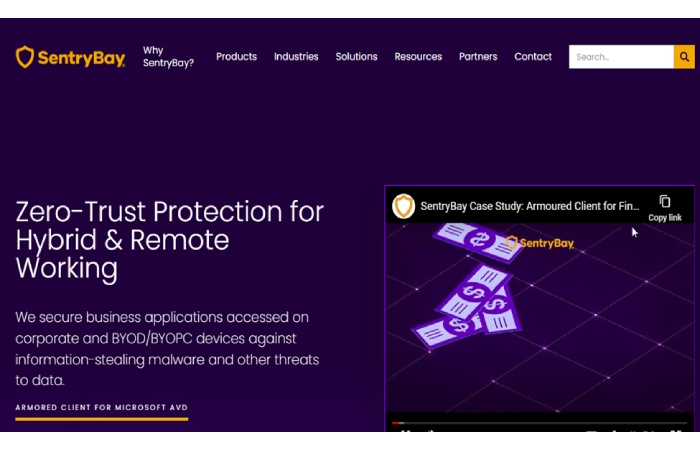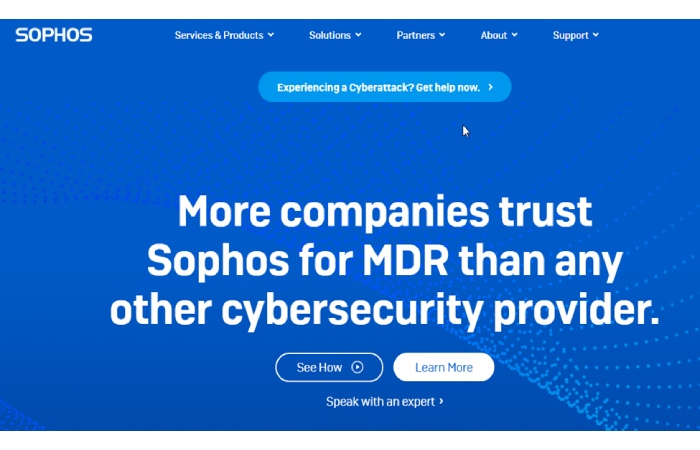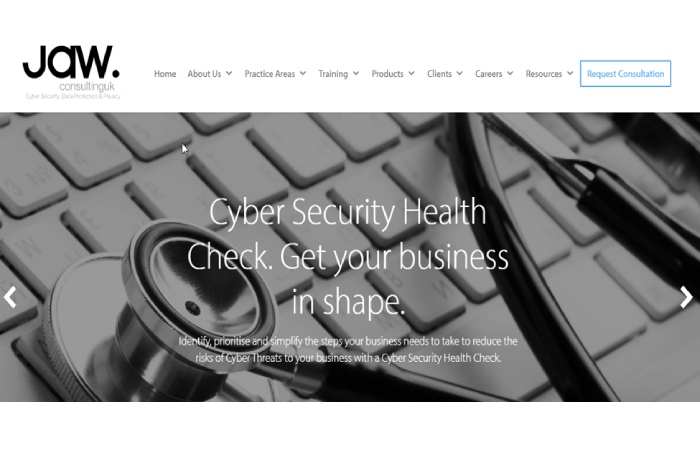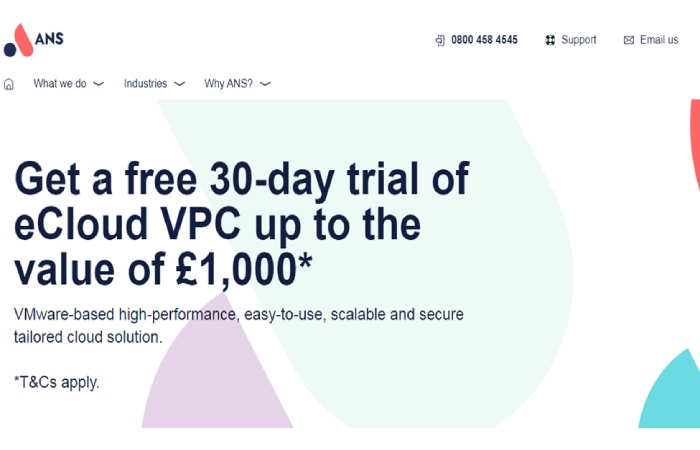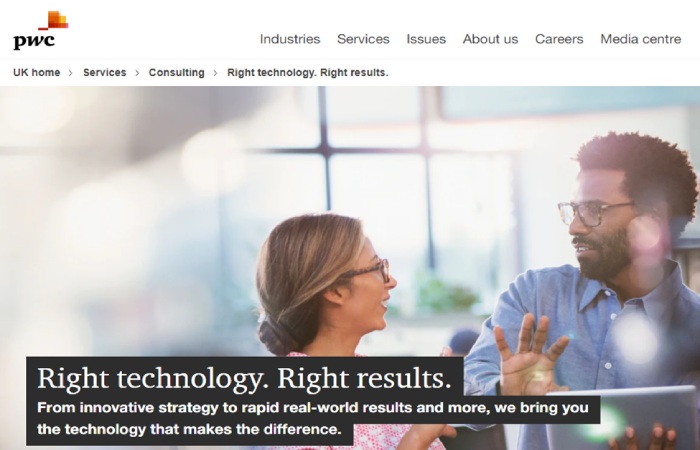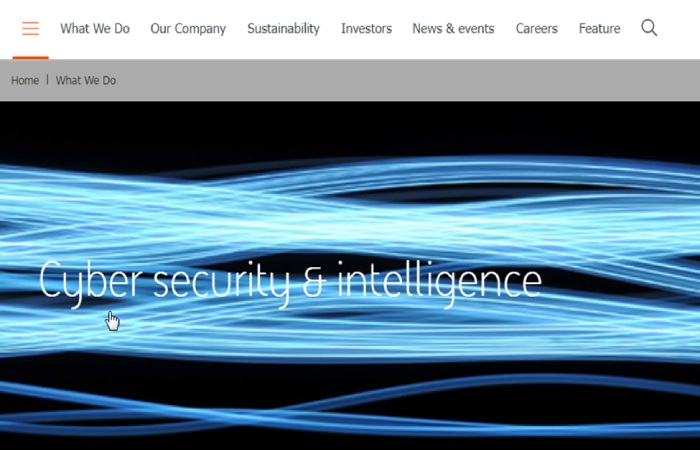A Quick Understanding on Test Automation Framework – Once, there were the days where the enterprises were solely reliable on manual testing. Even Though, it is one of the stages in the testing process in the integral part, we cannot deny its hindrances which is time consuming and also requires a huge investment of human resources.
For many years, there has been a debate going on manual vs automated testing. But many have ignored what actually testing automation means.
In this article, we are going to look through about what is test automation framework. Here is the summary of what you’ll find in this article:
- What is Test Automation?
- What is the Test Automation framework?
- Components of test Automation Framework
- Types of test Automation Framework
- Need of test Automation Framework
What is Test Automation?
Test Automation is the implementation of automatically validating and reviewing a product of the software, for example, a web application to make sure that it meets the pre-planned quality standards of the user’s experience, code style and the functionality of the business.
What is Test Automation Framework?
In general, framework means a set or combination of rules and standards which are followed by an enterprise to bring out the make in them.
Test Automation Framework is a platform of different combinations of codeless test automation tools, programs, compilers, features etc. that can be used to execute the automated test scripts for the development of the software.
Components of Test Automation Framework:
Test Data Management:
- Helps in extracting useful information and harnessing data to carry out tests.
- Resources like libraries and plugins which stimulates positive testing.
Unit Testing:
- It is used for operating straightforward and simplified tests that support the programming language.
- Testing of each modulation or a functionality of an software application
- Unit test libraries is one thing that every developer must have for shaping a test automated framework.
Integration Testing:
- Evaluates the compliance of a component or a system with specified functional needs and requirements.
- Integration Testing and the Unit Testing are very similar in nature, the only difference that lies is the way of using these frameworks.
End-to-End Testing:
- This type of testing is implements at the user’s interface and end in the real-world.
- Helps to evaluate the results compiling with the requirements or expected outcomes.
Behaviour-Driven Development:
- Define a business in a sole motive to describe it for a simple business or a user based focused language.
- It requires three major practices – discovery, formulation and automation of the software application.
Testing Libraries:
- It is a flawless way to well-define the test cases and also organized to perform testing in both effective and efficient manner.
- Test Library is where the test cases can be created and stored.
Types of Test Automation Framework:
Linear Automation Framework:
- Introductory level testing is involves in the linear automation test framework.
- The test scripts are created sequentially and run individually by the testers.
- Writing in custom mode is not required here.
- Pros – Simple, fast and flexible in nature
- Cons – One time use, has high maintenance and redundant
Modular Driven Framework:
- The test cases are broken down into small modules and follows an incremental and non-incremental approach
- Testing requires minimum time and efforts
- Pros – Reusable, modular approach, efficient and scalable
- Cons – Less flexible, Complex, requires more technical knowledge
Library Architecture Framework:
- Across different parts of the application the library is useful to have similar functionalities.
- Pros – High reusability, scalable and cost-effective
- Cons – Complicated, more development time, requires high technical knowledge
Data-Driven Framework:
- Helps in segregation of test data and test script logic and also stores the data externally.
- Pros – Faster testing, flexible, requires fewer scripts
- Cons – Difficulty in troubleshooting, high setup time
Hybrid Test Framework:
- Mitigates the weakness and provides flexibility by combining different parts of the framework and make it as an advantage.
- Pros – Scalable and effective
- Cons – High knowledge is required.

